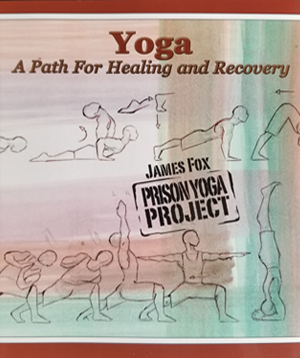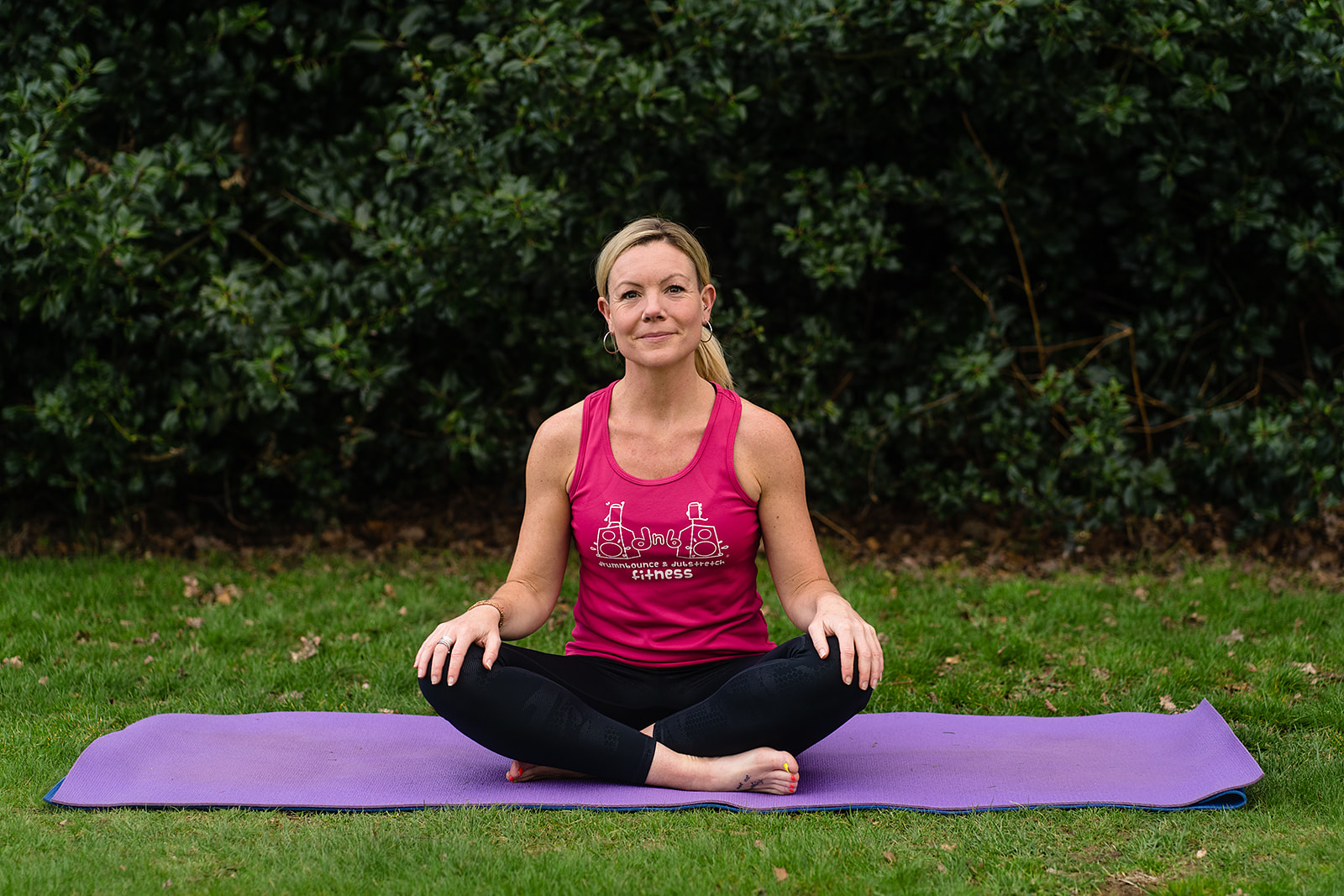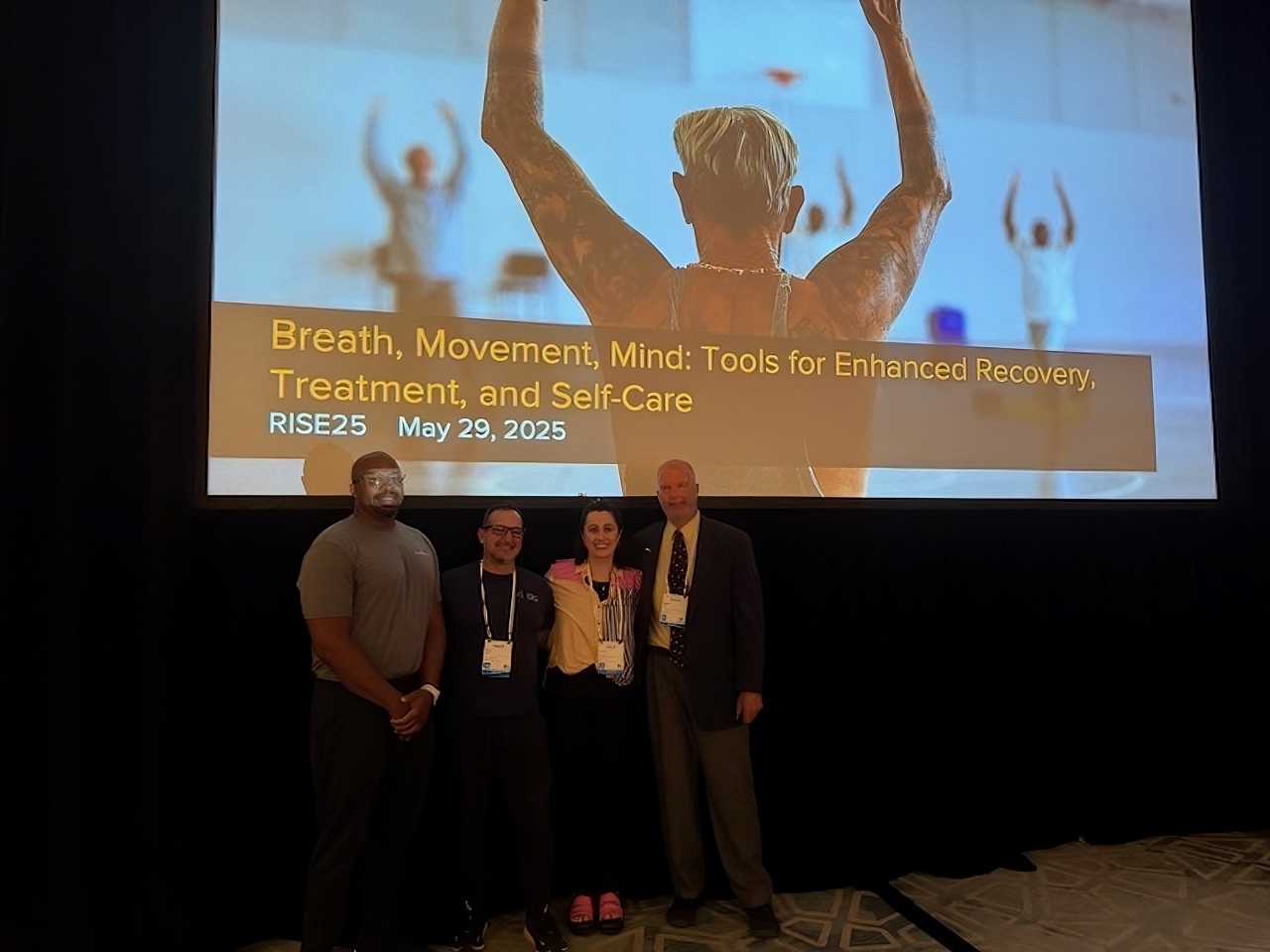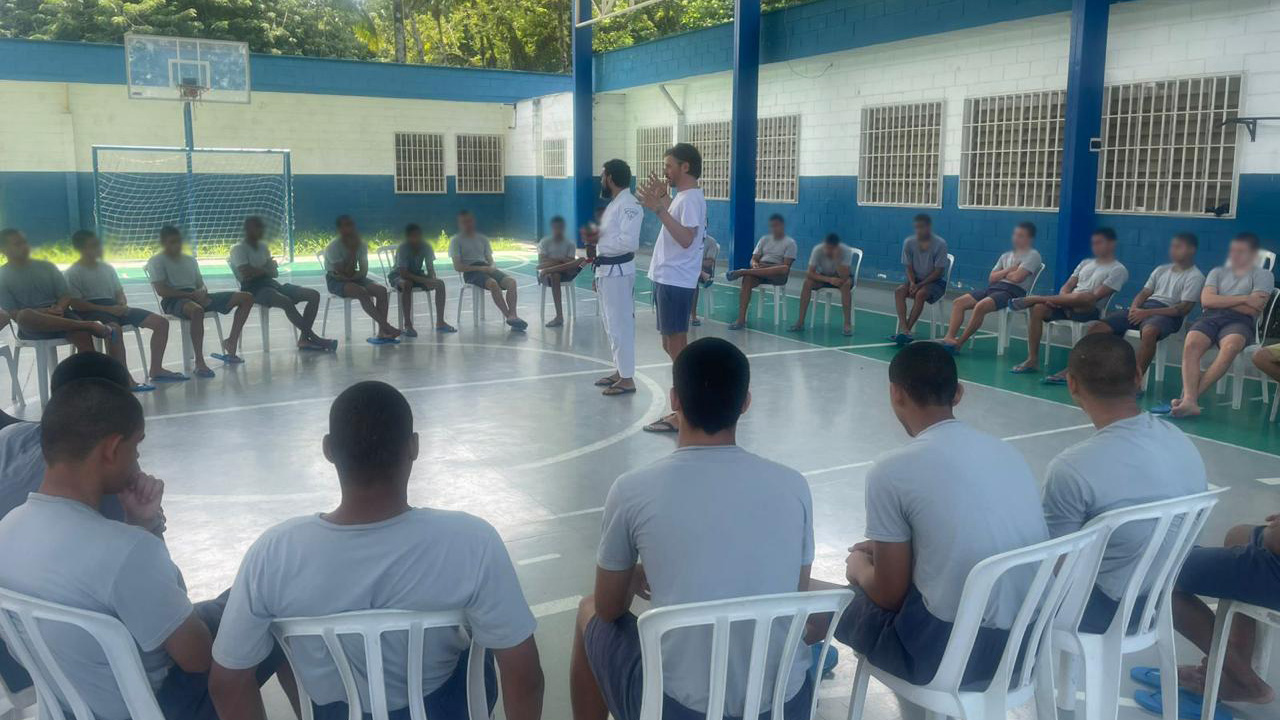The Prison Yoga Project received some really good news this week.
But, before getting to that, I think it’s important to provide some context.
The incarcerated population that the PYP serves is largely a forgotten one – a truth accurately captured in Angela Davis’s words: “Prisons do not disappear social problems … they disappear human beings.” When these human beings are considered, they are often negatively stigmatized to the extent that, even in the wealthiest nation on Earth, almost no one is willing to put money down on their success. It’s true that an exorbitant sum of citizens’ tax dollars goes toward keeping prisoners incarcerated (the US spends more than $81 billion annually on its prison system [The Bureau of Justice Statistics]), but even this amount provides no more than a simple framework for survival – one that is in no way designed to support the healing and self-improvement that is essential if the aim of incarceration is truly to reduce recidivism and abet healthy re-entry into our communities. I often imagine what it must feel like to be in those shoes: to have no one betting on your success, or – even worse, and this is probably more accurately the case – to have everyone betting on your failure. Our criminal justice system is built largely upon – and designed to reinforce – just that premise: convicted criminals are proven failures and from that point forward they’re a fool’s bet.

With this myth burned into the public consciousness, we can begin to glimpse its devastating ramifications by considering the obvious answers to several simple questions: When incarcerated people are released back into society – as most eventually are – how many employers are willing to bet on them? How many landlords are willing to bet on them? How many banks are willing to bet on them? With this unavailing post-incarceration reality in mind, it is most important – and only fair – to acknowledge that ending up in prison is just one step in a life that is overwhelmingly statistically proven to have already been marked by the traumas of domestic violence, sexual abuse, neglect, addiction, abandonment, poverty, and/or racism. In short, the truth is that largely uncontrollable life circumstances stacked the odds against these people long before they were ever incarcerated. To assume this of any given prisoner’s experience is a very safe bet, indeed. The mission of the PYP is to address these realities by supporting the self-rehabilitation of incarcerated people with Yoga and other evidence-based mindfulness practices. By providing this population with these tools they are empowered to develop the self-awareness, self-worth, empathy, and compassion that leads to the healing of trauma and the skillful employment of positive personal and pro-social choices.

In 2010, PYP founder James Fox wrote and published a Yoga practice manual – ‘Yoga: A Path for Healing and Recovery’ – to complement the PYP’s in-prison classes and to make these practices available to any prisoner, anywhere. In the ten years since, the PYP has distributed – free of charge – over 30 thousand copies of this book to prisoners who have requested it. If the average cost to produce and deliver one book in the U.S. is about $4.50, that amounts to a total investment of about $135,000. Said another way, with the help of its supporters the PYP has pledged $135,000 toward the positive potential of these prisoners – in effect, betting against a prison system that has given up hope in these members of our greater community.
On to the good news!
Last month, in partnership with Chelsea Roff and the Give Back Yoga Foundation UK, the PYP applied for a grant from the National Lottery Community Fund to extend the production and distribution of ‘Yoga: A Path for Healing and Recovery’ to prisoners in the UK. In acknowledgment of the program’s record of positive impact on the US prison population, this week we received congratulations and £10,000 from the NLCF. The idea that the PYP had – in a fairly real sense – “won the lottery” brought a huge smile to my face, followed shortly thereafter by a hearty little chuckle when I saw the brilliant irony of it all. Every day across the UK, people are putting their money down – against astronomical odds (Lotto Jackpot: 45,057,474 to 1!) – on the belief that they will win the lottery. It is only because so many people are willing to place that losing wager that the NLCF is able to offer funding toward this PYP program – in effect, exhibiting the faith to place a £10,000 bet on the PYP-supported rehabilitative efforts of prisoners here in the UK. Thanks to this Robin Hood-esque redistribution of wealth, any UK prisoner that requests this book in an effort to better her- or himself will receive a copy, free of charge. It’s only fitting that the first delivery of books will go to HMP Nottingham.
Those of us at the PYP know we’ve hit the jackpot, because after placing this bet over 30,000 times, we already have evidence of the massive payout.
Let’s remember the positive potential of ALL human beings, and, with this in mind, place our bets wisely and generously.




